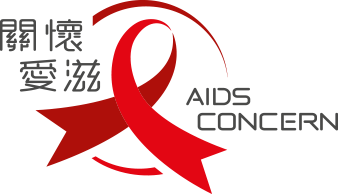`
1.What is it?
Pubic lice, also known as crabs, are small parasites that attach to the skin and hair near your genitals. Crabs are not dangerous, and they are usually pretty easy to get rid of
2.How do I get Pubic Lice?
They’re usually spread through close bodily contact with an infected person. The lice crawl from hair to hair, but can’t fly or jump. They need human blood to survive, so will only leave the body to move from one person to another. The most common way pubic lice are spread is through sexual contact, including vaginal, anal and oral sex. Other types of close bodily contact, such as hugging and kissing, can also spread the lice. It’s also possible, though much rarer, for pubic lice to be spread through sharing clothes, towels and bedding.
3.How soon will symptoms appear?
The eggs usually hatch in 7 days and adult lice live for about 30 days. It may take up to 1 month for symptoms to develop, as the person develops an allergic reaction to the saliva injected by the louse when biting.
4.What are the symptoms?
Symptoms can include: itching in the affected areas, especially at night; inflammation and irritation caused by scratching; black powder in your underwear; blue spots or small spots of blood on your skin, such as on your thighs or lower abdomen (caused by lice bites). Itching is the most common symptom of pubic lice and is an allergic reaction to their saliva. The itching is usually worse at night because that’s when the lice are most active.
5. Testing and treatment.
You or your doctor can usually confirm apubic lice infestation through a visual examination of your pubic area. The presence of moving lice confirms infestation. Lice eggs also may indicate an infestation. Insecticidal creams and lotions may be obtained from pharmacies. They should be used strictly according to directions and treatment repeated after a week to kill any lice which may have hatched since the first treatment.
6.How do I reduce the chances of getting Pubic Lice?
To prevent a pubic lice infestation, avoid having sexual contact or sharing bedding or clothing with anyone who has an infestation. If you are being treated for pubic lice, all sexual partners must also be treated.

